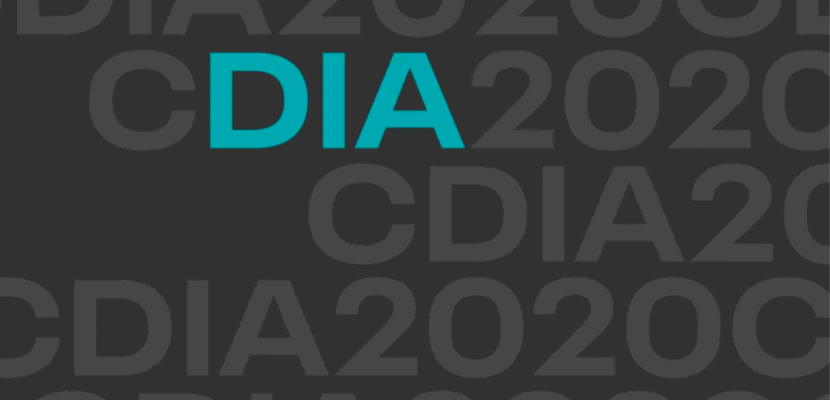I think we can all agree that it would be nice to have some good news in 2020, which is why the Data for Good category in this year’s Cloudera Impact Awards is such a pertinent one. The awards program is an annual corporate competition celebrating game-changing data-implementation projects. The Data for Good category recognizes organizations that have tackled some of the most challenging issues affecting society and the planet, making what was impossible in the past, possible today. It is a category that allows businesses of any type, size or sector, to demonstrate how data can be used to enrich lives and make a positive impact. That is why I am pleased to see such quality submissions this year. It’s even interesting to think about the submissions that this category may get next year, as with every challenge comes an opportunity for good — and 2020 has presented no shortage of challenges.
This year, we have seen data’s prominence in the pursuit of solutions to address the world’s leading issues, from contact tracing apps trying to help fight the spread of COVID-19 to organizations re-examining their data in a bid to tackle racial inequality and bias. The beauty of data is that there isn’t a sector or cause where data can’t be applied to make things better. For us at the Cloudera Foundation, it’s about identifying where data can best be used, how to access it responsibly without violating people’s right to privacy, and ultimately how to derive insight from it that will improve outcomes. Data allows us to address critical issues and work toward solutions. The Data for Good category celebrates those who have done just that.
Last year Cloudera had some outstanding submissions, from the 2019 winner Ascension and the finalists, Be the Match/National Marrow Donor Program, Global Biodiversity Information Facility and NYU Langone Health. They represented a wide range of use cases across different thematic areas. It was exciting to see organizations tackling issues in health, environment, diversity and science in technically ambitious ways.
As the founding CEO and a board member of the Cloudera Foundation, I have the pleasure of working with non-profit organizations around the globe to identify and support large-scale, data-driven opportunities to address the world’s most pressing challenges in any area of critical need, such as in health, the environment, economic inequality, education and more. However, it’s not about “throwing software over the fence” to these organizations. The foundation invests time, capital, experience, expertise and training to enable them to best utilize the software and their own data, in order to be self-sufficient in moving their projects forward in the years to come.
One of my favorite examples of how data is used for good comes from one of our grantees, Terre des hommes (Tdh) — an international children’s rights organization operating in West Africa. Tdh has been working with local governments and the World Health Organization (WHO) to diagnose and treat preventable diseases for children under the age of 5.
WHO established guidelines to accurately diagnose children in 1995 yet it was underused. One of Tdh’s achievements is creating a digital version of that protocol in partnership with the Burkina Faso Ministry of Health that meets local needs. Using the protocol through tablet-based digital devices has been embraced by frontline health workers. Working with data collected from more than 6 million health consultations, Tdh has been able to improve the workers’ ability to provide higher quality of care to help reduce the mortality rate for the country’s youngest and most vulnerable patients. What’s also impressive is that Tdh has been able to use the data to detect disease outbreaks and is working on models to speed up forecasting so that the Ministry of Health will receive earlier warnings and have more time to direct relevant resources.
In the coming years, data will only become more prominent as a tool toward solving the world’s major issues. Data sits at the heart of finding a vaccine for COVID-19, then will become critical both in the logistics of its distribution and understanding of the longer term effects. It also will be crucial in reacting to the economic fallout from this pandemic. As public data sets and access to them continue to grow, more organizations will be able to use data for good. I anticipate that in 2021 there will be many submissions addressing COVID-induced challenges. I also expect to see a resurgence of activities tackling climate change, which has been temporarily overshadowed this year but remains omnipresent, most notably with the Australia bushfires at the beginning of the year and more recently the California wildfires.
The Data for Good category, and the submissions that Cloudera has received for it, reassures us that there are many organizations out there using data to make sustainable changes in the world — changes for good.
———
For more on past winners and finalists, visit the archive site. And keep an eye on this year’s awards at www.cloudera.com/DIA.



